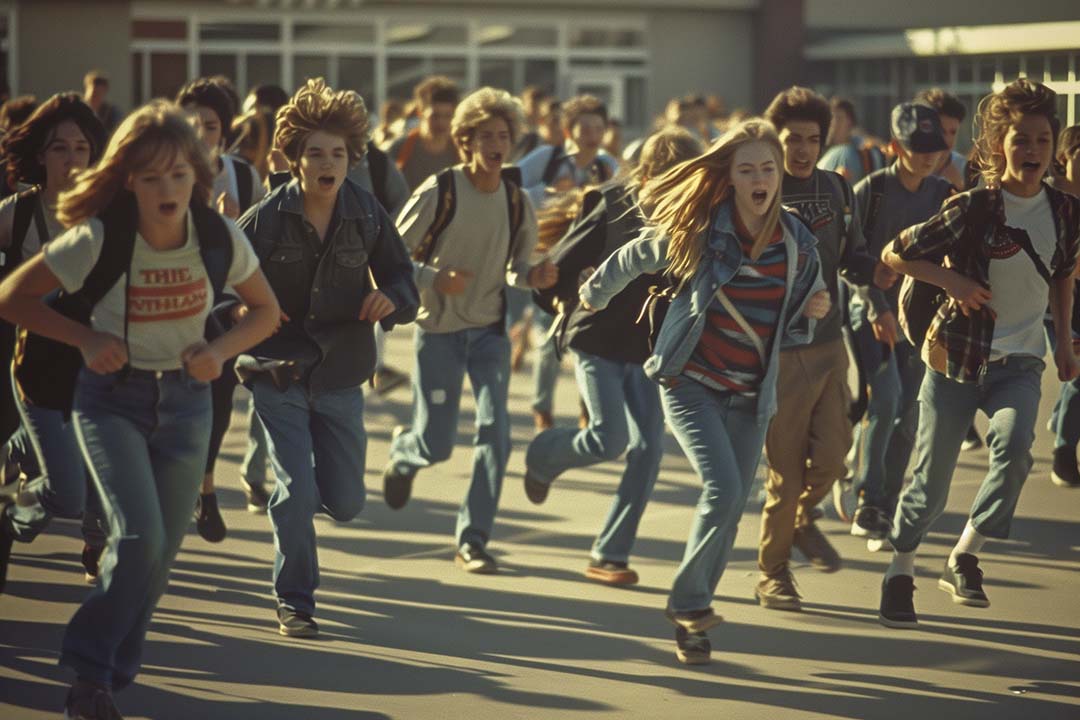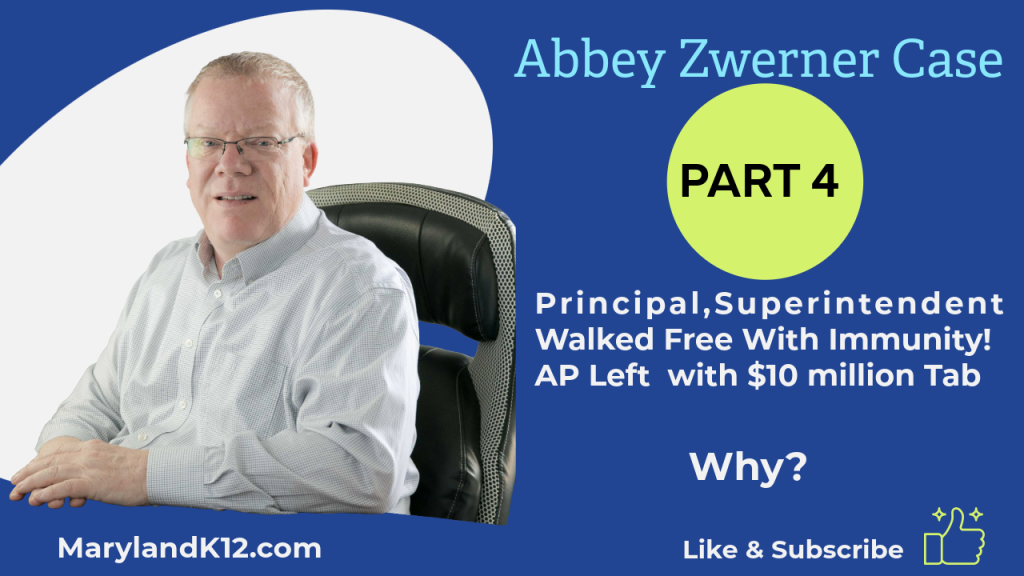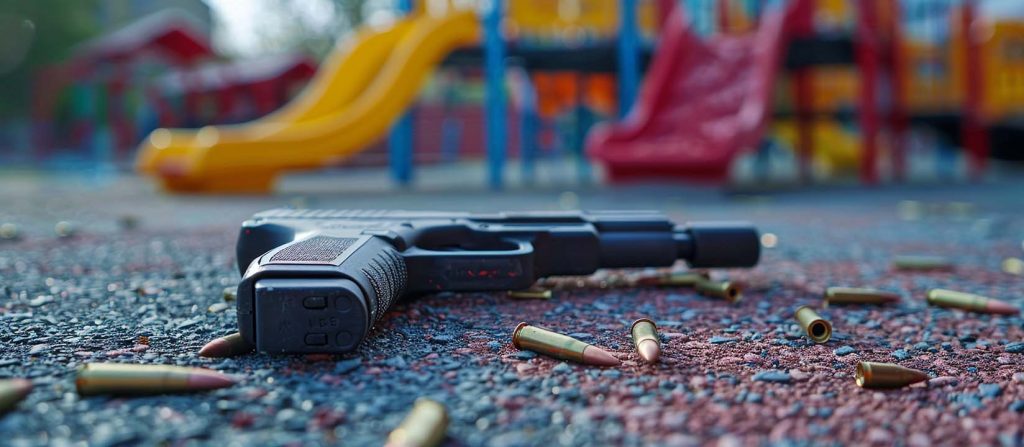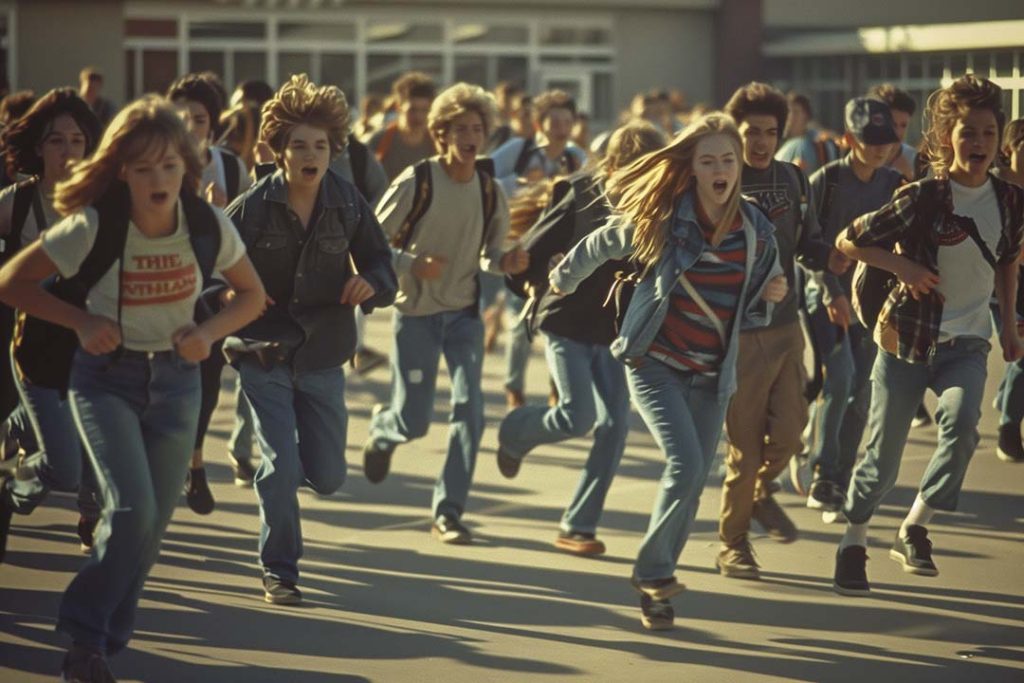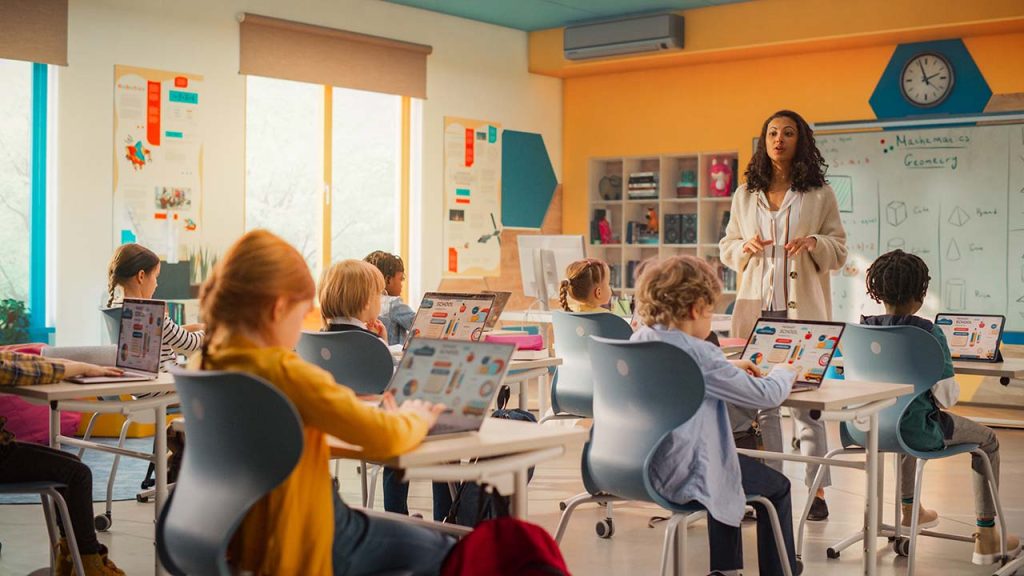
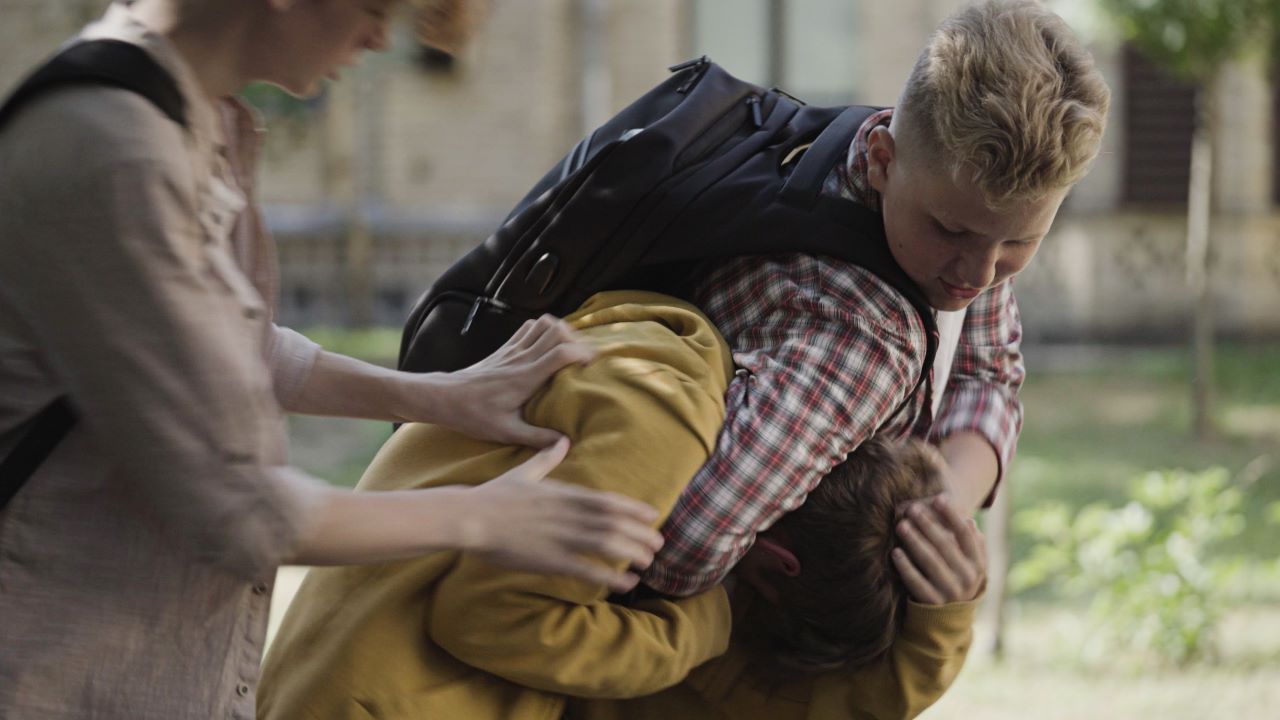
Incident at Snow Hill High School: An Insightful Overview
Recently, an incident at Snow Hill High School involving a fight between two students was reported by the Sheriff’s Office. Since the initial report, there has been minimal follow-up, which might suggest that the situation is being handled appropriately and without further escalation.
With 15 years of experience dealing with these very types of incidents, a clear pattern emerges in how such matters are typically addressed. Two investigations will follow: one legal and one conducted by the school. The legal investigation falls outside my experience and expertise. The school-led investigation focuses on determining the specifics of the incident, identifying those involved, gathering witness statements, and assessing violations of the student handbook. Consequences for such violations can range widely, from warnings to expulsion, depending on the severity and context of the actions.
Public reactions on social media have been swift, with many blaming parents for their children’s behavior. However, it is important to note that while parental influence is significant, it is not always the root cause of a child’s misbehavior. Even the best parents can have children who make serious mistakes, and public opinion often shifts dramatically when the misbehaving child is one’s own.
A notable aspect of the Snow Hill incident is the role of the school resource deputy (SRD). According to the Sheriff’s report, the SRD was not initially called to break up the fight. Instead, the SRD intervened only after the situation escalated with one student becoming disorderly and assaulting a school administrator. This sequence of events raises questions about the protocols in place for involving SROs in school altercations, though the specifics remain unclear. Why wasn’t the SRD at the incident initially? Is it the protocol of Snow Hill or other high schools not to call the SRD for a typical fight?
The school’s procedural response to this and other similar incidents involves a detailed process led by the superintendent or a designated representative. This process includes a hearing where the student can present his or her side of the story and even have legal representation. Possible outcomes include extended suspension or expulsion. However, the meaning of the word expulsion is somewhat confusing. Expulsion might mean something other than complete removal from the educational system. Currently, Worcester County does not have any alternative schools.
Another consideration is if the student is on an IEP or 504 plan. If that’s the case, the requirements of documentation on the school become enormous, and there are many possible technicalities that could cause the whole case to be thrown out. Additionally, an IEP or student support team could determine that the student’s actions were a manifestation of his or her disability. If that’s the case, the student will return to school.
It is essential for the community to consider the complexities involved before rushing to judgment, particularly against parents. Children can sometimes act in unpredictable ways, and it is crucial to approach each incident with a balanced perspective. The vagueness of school policies can often lead to confusion and speculation, making transparency and communication from school authorities vital in managing such incidents.
The incident at Snow Hill High School highlights the procedural intricacies following school altercations and underscores the importance of a measured response from the community. Understanding and patience are key in addressing student behavior and its consequences, ensuring that actions taken are fair and appropriate.
Dig Deeper With Our Longreads
Newsletter Sign up to get our best longform features, investigations, and thought-provoking essays, in your inbox every Sunday.
The MEN was founded by John Huber in the fall of 2020. It was founded to provide a platform for expert opinion and commentary on current issues that directly or indirectly affect education. All opinions are valued and accepted providing they are expressed in a professional manner. The Maryland Education Network consists of Blogs, Videos, and other interaction among the K-12 community.


